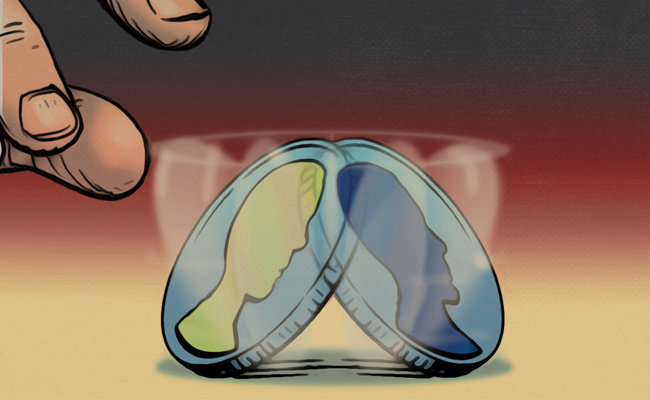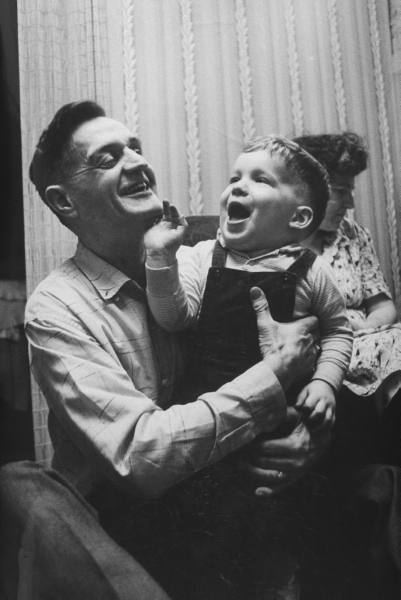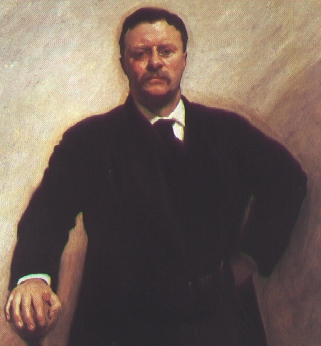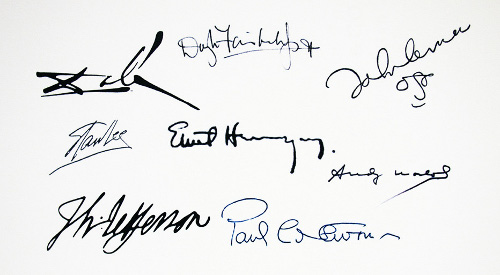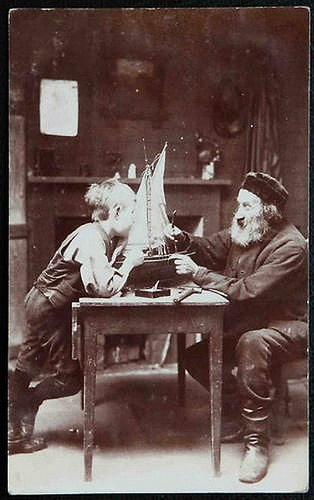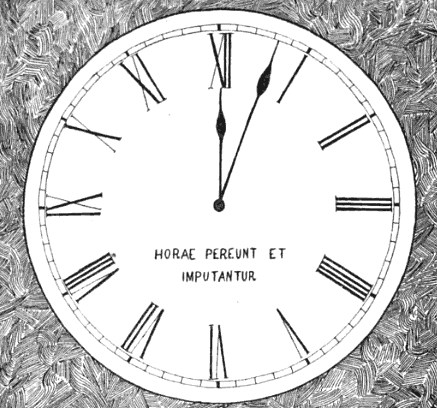
We all encounter moments throughout our day where we have to wait: at the DMV; at the doctor’s office; at a stoplight.
Waiting is boring. Waiting also makes us feel powerless; we can’t take action or move forward until someone else does.
So to assuage our boredom and increase our sense of control over the situation, we turn to our smartphones. We check our email and mindlessly scroll the Gram. We might play one of those mobile games where you roll a digital ball through obstacles.
The edge of boredom gets rounded off a bit. We feel a bit more in control of the situation. Waiting becomes a little more tolerable.
I’ve done this plenty of times. It’s become instinctual to pull out my phone from my back pocket when I feel bored while waiting in line at the grocery store or waiting for a friend to meet me somewhere.
But every now and then, I catch myself in the act. I become self-conscious of what I’m doing, and I don’t like it. In those moments when I see myself tapping my phone when I feel a twinge of boredom, I feel like a baby sucking on his pacifier when he’s upset. My smartphone has become my binky.
A while back ago, I read a really delightful book called Time and the Art of Living by Robert Grudin. The book contains several reflections on the nature of time and life, and in one of the sections, the author describes the problem of having to wait. He also offers a solution to the tediousness of boredom in those moments, one that doesn’t rely on external stimuli. Instead of looking outside yourself to find salvation from boredom, you look within. You ponder. You reflect. You contemplate. You do some deliberate thinking.
Perhaps this kind of intentional daydreaming used to come more naturally to us in a pre-smartphone era, but given that Time and the Art of Living was published in 1997, it seems we humans have always had trouble figuring out what to think about when there isn’t anything in particular we’re forced to think about. A few decades ago, folks who found themselves waiting probably just scanned the decade-old copy of People magazine in the lobby, read the back of the soup can label in their grocery cart, and ruminated, for the hundredth time, on all their grievances against their boss. But if we’ve always been bad at fruitful, impromptu reflection, the digital age has likely atrophied this capacity even further.
Which is why the specific cognitive prompts that Grudin offers are so helpful. I’ve put into practice some of the things-to-think-about-while-you’re-waiting that he recommends and have found them edifying. These thought experiments reduce the boredom you experience while cooling your heels, but avoid the infantilization of turning to your smartphone. I’ve also gotten some insights into my life and work from engaging with them.
If you’d like to rely less on that digital binky in your pocket when you’re bored, below we highlight Grudin’s suggestions on what to think about when there’s not much going on around you to think about. Try a few, and then come up with a few of your own.
_______________________
In the landscape of time, there are few locations less comfortable than that of one who waits for some person or event to arrive at some unknown moment in the future. As such we are hooked onto the future and dangle helplessly on lines of doubt, anxiety, or expectation. The best way to wait is not to wait: to retire into what Montaigne calls, psychologically, the “back-shop” [of your mind]; to drift fully into your own concerns and away from external tyrannies. For such periods, the following antidotes to distraction may be of some use:
- Exercise your memory, running through recent experiences, new acquaintances, current events, the substance of books, etc.
- Review your short-term and long-term goals.
- Review your recent and current impressions, verbalizing them in your mind or on paper.
- List your present worries, desires, and other concerns, and set them within a larger temporal context.
- Think about some important errors you have made, or some things you have done well. Try to analyze the causes, principles, and psychological tonalities that have gone into each.
- Withdraw yourself from the situation you are in, and imagine the life around you as it would be without you.
- If there are strangers around you (in a doctor’s office, a bus station, etc.), put yourself in the place of one of them; imagine his or her feelings, his or her day.
- Reconstruct as fully as possible some bygone house, room, character, or event.
- Try to remember what, at some point in the past, you expected this period to be like.


